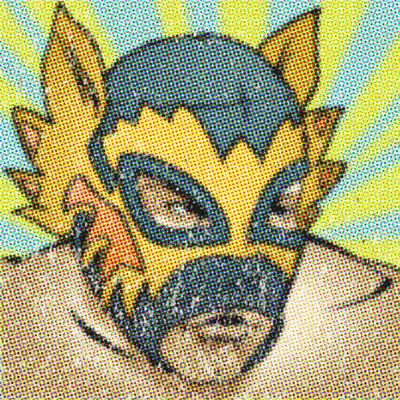Handmade 2.0 is a long article that talks about artist-entrepreneurs who open up virtual shops on Etsy and eslewhere. The author explores what makes Etsy seem different from so many current efforts to “build community” online. There are some lessons here for anyone trying to build an ecosystem around a product, store, or whatever:
Continued…The company does not, for instance, demand exclusivity. Indeed it seems to want its sellers to market themselves aggressively on their own sites, in stores, at fairs…Etsy constantly holds entrepreneurial workshops (how to build your “global microbrand”), pointing to “best practices” among Etsy sellers, offering shop critiques, advising how to “write a killer press release.” Its magazine-videocast, The Storque, often feels like a D.I.Y. business school. In addition, [Etsy’s Robert] Kalin has hired about a half-dozen of the best Etsy sellers to work directly for the company, in jobs meant to spread their skills to as many sellers as possible. Some help run Etsy Labs, a community-centric program held at the company’s headquarters, teaching craft skills.
On some level the Etsy idea is not really techno-progressive at all. It’s nostalgic. The company is host to a book club, which Kalin participates in, and when I visited, the most recent reading assignment was “The Wal-Mart Effect,” a book that assesses the societywide impact of that mass retailer’s success. Kalin seems flabbergasted that anyone would shop at Wal-Mart to save 12 cents on a peach instead of supporting a local farmer. Buying something from the person who made it is “the opposite of what Wal-Mart is right now: just this massively impersonal experience,” he told me earlier. “When you get an item from Etsy, there’s this whole history behind it. There’s a person behind it.”













